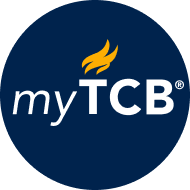
Leveraging their expertise in change management and organizational dynamics, chief human resource officers (CHROs) can strengthen internal collaboration, accountability, and buy in to drive sustainability deep into the organization and reinforce it as a core element of strategy and culture. This report is based on a survey of 38 human capital and sustainability executives, and six follow-up interviews with individuals in Europe-based multinationals conducted at the end of 2024.

myTCB® Members get exclusive access to webcasts, publications, data and analysis, plus discounts to events.
